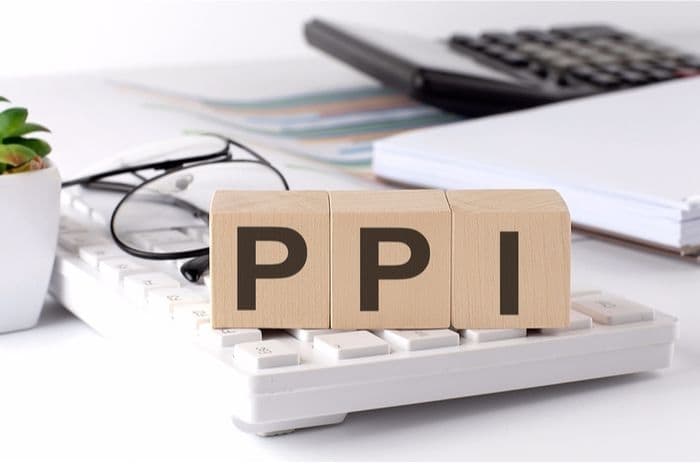Home > Money > News > PPI not going away any time soon
PPI not going away any time soon
THE UK's biggest four banks could face further fines and charges of £19 billion over the next two years, industry analysts are predicting.

The figures from Standard and Poor's suggest that of that £19 billion, HSBC, Lloyds, Barclays and RBS will end up paying at least £5.3 billion in regard to mis-sold PPI.
The news comes after Clydesdale Bank were fined a record £20.7 million by the Financial Conduct Authority (FCA) for failings in the way they dealt with their PPI complaints.
PPI in the recent past
In the four years up to 2014, the UK's four biggest banking groups have had to pay out around £42 billion in "conduct and litigation charges".
Bear in mind that industry wide over the same period, such fines and fees have totalled £48 billion; the remaining £6 billion was collected from nine other banks and building societies.
The amount the banks have had to pay out over PPI each year has been dropping fairly steadily since 2012, but it's still cost the UK banking industry more than £26 billion.
The fines and charges incurred by Lloyds reflect its position as the worst offender when it came to mis-sold PPI: over the past five years the bank has paid out £12 billion.
To put that in context, Barclays, who are the next biggest offender, have paid around £5 billion in PPI-related charges and fees.
It looks like the problem isn't going to go away any time soon, with Standard and Poor's saying they believe fines are now "a way of life".
They reckon that larger banks will end up paying some kind of charge every year, while smaller banks and building societies will probably face a fine or fee every other year.
...and in the future
Figures from the Financial Ombudsman Service (FOS) back up this assertion.
They've received more than 1.3 million complaints regarding PPI, just under half the total number of complaints they've ever received.
And they're still receiving 4,000 complaints a week on the subject - down significantly from a peak of more than 10,000 a week in 2012, but far more than they or the banks had anticipated.
As well as saying they expect to get around 150,000 new PPI cases this year, they have around 250,000 existing PPI disputes to settle.
All told, they reckon PPI will account for 52% of this year's workload, and that it will continue to make up the bulk of their work for some years to come.
On top of that, the FOS say they're receiving an increasing number of complaints about packaged bank accounts. From receiving around 50 complaints a week at the start of 2014, they're now getting more than 800 a week.
In fact, at the start of 2015, they predicted they'd receive somewhere in the region of 18,000 cases about packaged accounts - but have since revised that up to 30,000.
Keen to head off anything of the scale of the PPI scandal, the FOS say they're working closely with both the businesses offering the accounts and claims managers.
How are the fines used?
But what happens to the money once the banks have been fined?
All companies regulated by the FCA and its earlier incarnations pay membership fees to cover the regulator's costs.
Before 2012, fines incurred would go towards reducing those fees. In effect companies fined by the regulator got slightly subsidised membership.
But since 2012, fines have gone directly to the Treasury - where the money can be used in various ways.
For example, since 2012, money raised through fines related to rate fixing has been put towards supporting the Armed Forces Covenant, which sets out the state's duty of care towards servicemen and women.
In 2013 the Armed Forces Covenant benefited from some £500 million in fines.
And when Lloyds were fined £218 million in 2014, that and a further £20 million or so was allocated to The Royal Marines charity, Ministry of Defence rehabilitation programmes, and military medical training for doctors and nurses.
In the past week, Deutsche Bank have been handed a record fine of £227 million by the FCA, for inter-bank rate rigging.
But with an election coming up and votes to woo, the Conservatives have been very public about their intention to use that money to fund 50,000 apprenticeships.
Other fines have been allocated to support the NHS: last November five banks were fined £1.1 billion for foreign exchange manipulation, money that will be made available to the Health Service over four years.
Receive consumer updates that matter in our newsletter
Receive consumer updates that matter in our newsletter

We are independent of all of the products and services we compare.

We order our comparison tables by price or feature and never by referral revenue.

We donate at least 5% of our profits to charity, and we aim to be climate positive.
Latest News

26 October 2022
Cost of living showing worrying trends in affordability
16 June 2022
FCA warn lenders on cost of living difficulties



Comments (1)